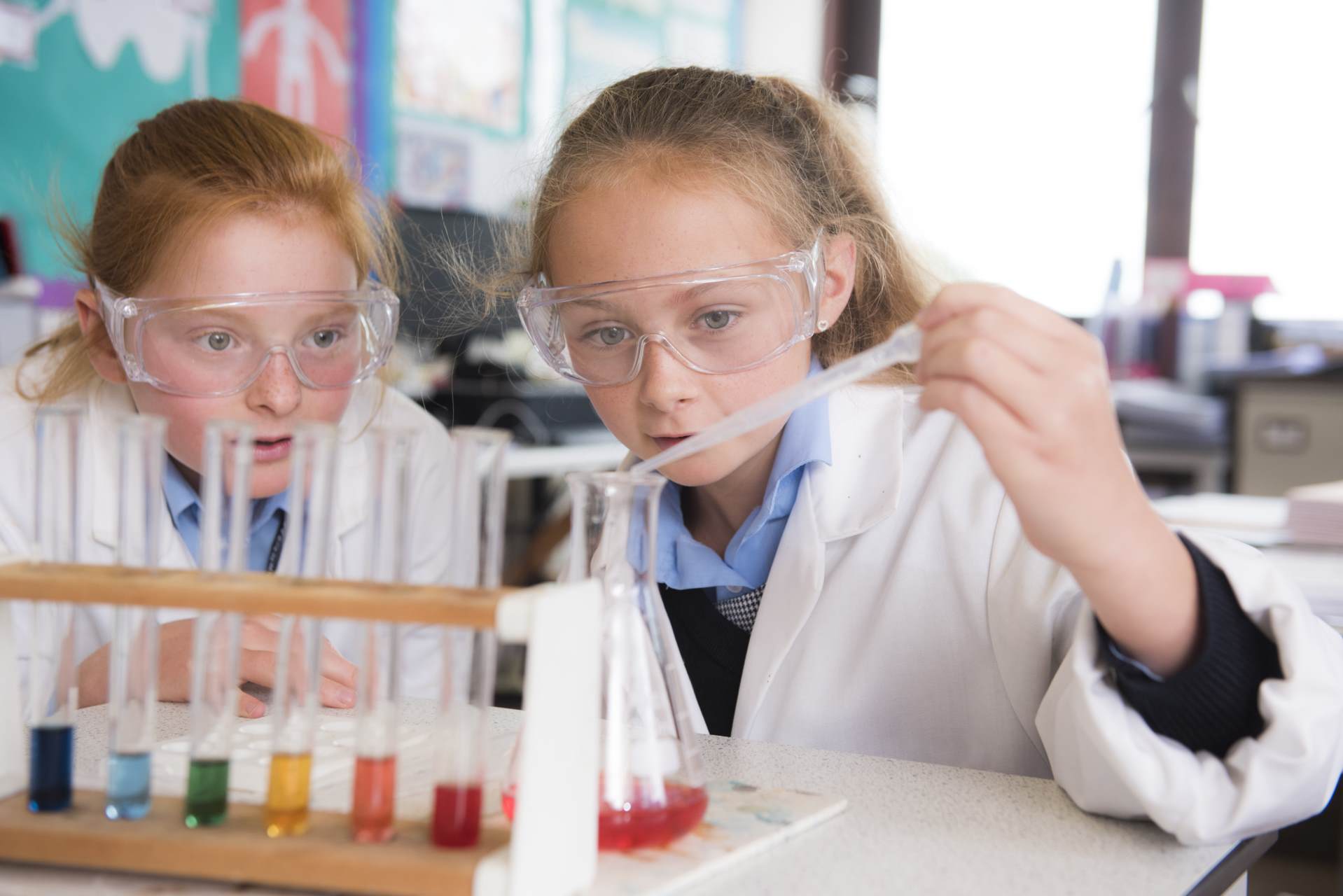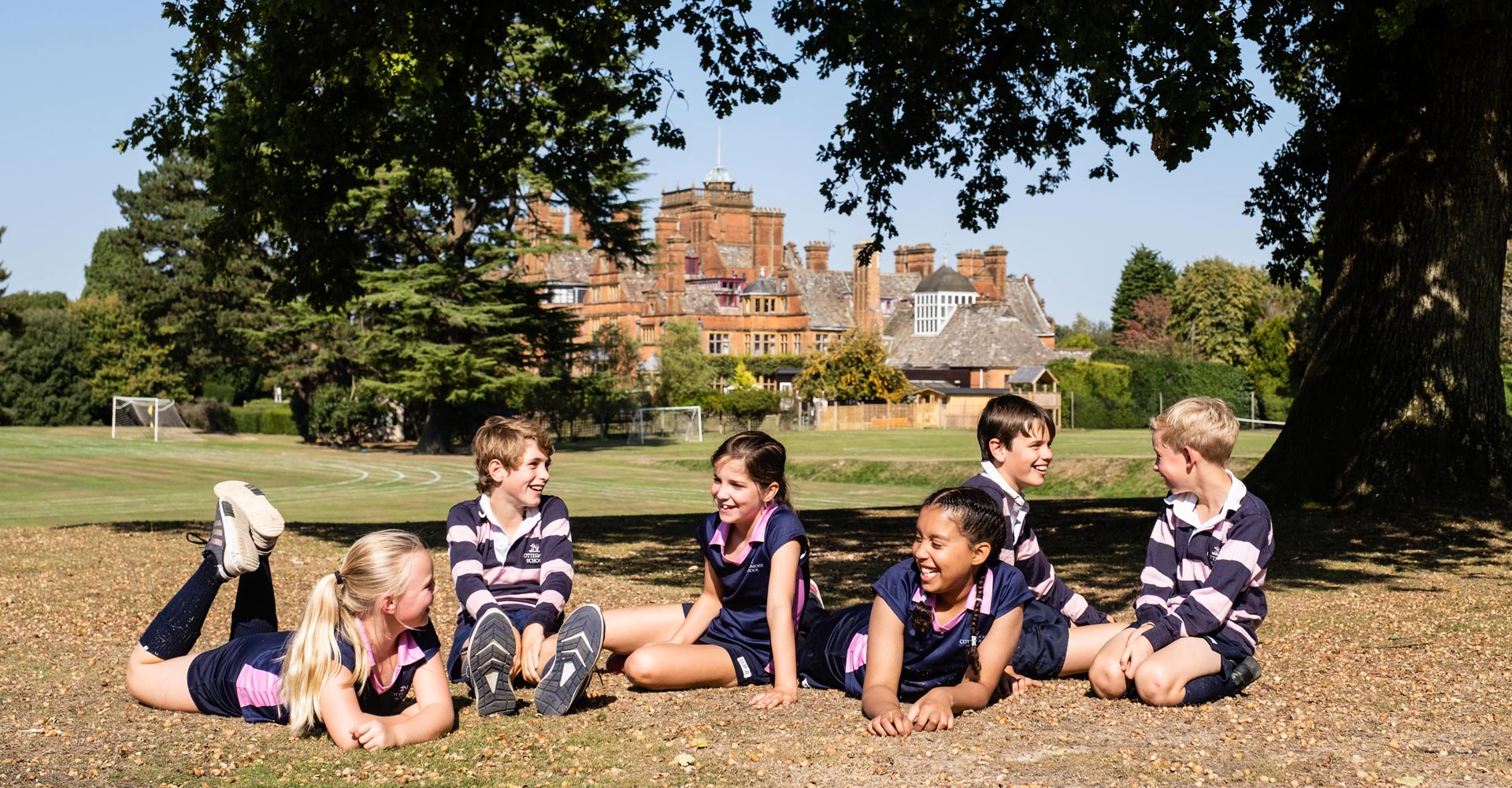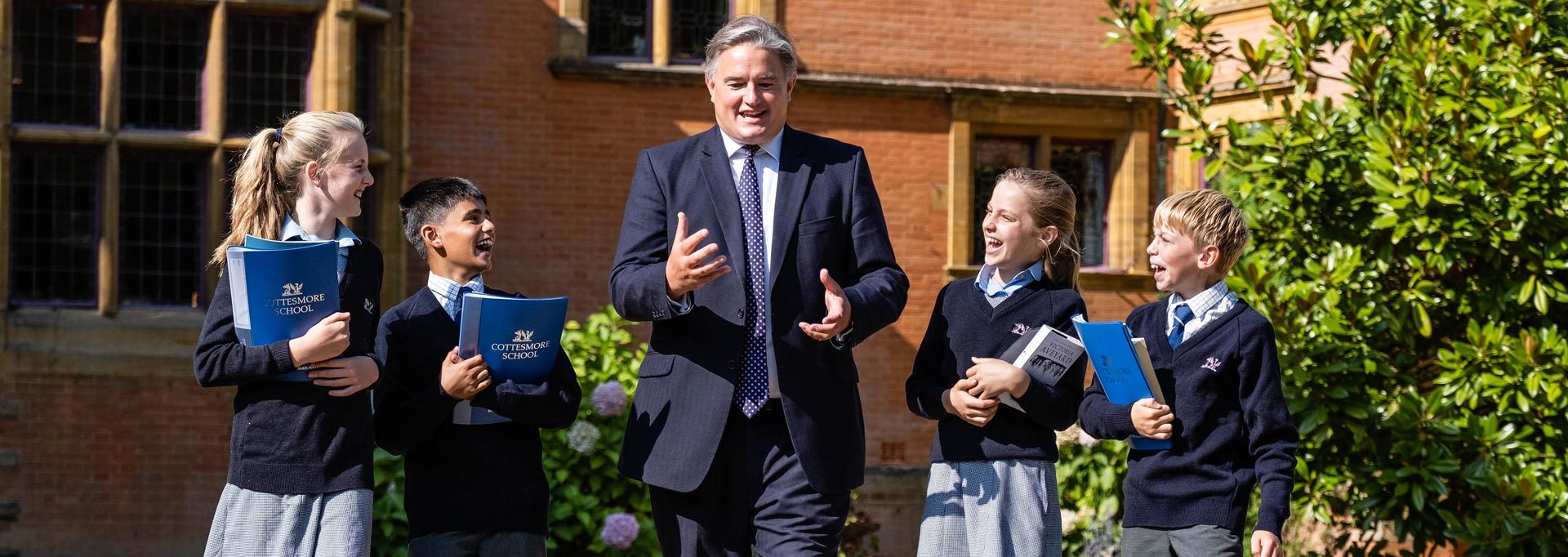Science is a major part of today’s world, both in education and in the wider aspects of everyone’s lives. As a subject it is part of the school curriculum in the core of the studies pursued by all the pupils.

The subject is studied throughout the school, from the youngest pupils in the early years of Pre-Prep through to the oldest pupils in Forms 5 and 6. The Science Course leads to the final goal of 13+ entry to senior schools. The ISEB Common Entrance 11+ and 13+ syllabuses provide the framework for those final entry targets and extension work for Public School Scholarship completes the studies for scholarship candidates.
Our science course promotes every pupil to achieve their best and to move on to their next school both educated in, and enthused by, ‘science’. Pupils in the early years of the prep school (Forms 1 to 3) study topics based on the ISEB 11+ Syllabus with certain topics from 13+ added to top up their studies. Pupils in the final two years of the prep school (Forms 4 and 5, with extension studies for the possible scholars in Form 6) focus on the extra topics for 13+ and on revision of previous studies.
The ISEB syllabuses are closely aligned to the National Curriculum, so our pupils gain the value added benefit of meeting the challenges of the independent sector curriculum whilst keeping in line with the maintained sector. Pupils leaving at 13 years of age will have completed their Common Entrance examinations, or their scholarships, and will be well grounded in the knowledge and understanding needed to move on the next stage of study.
The Science Course has two overarching aims, based on the ISEB syllabuses and the National Curriculum:
a) the development of the processes, skills, application and thinking of science, now under the umbrella of ‘How Science Works’;
b) the development of the knowledge and understanding of science.
The aims are integrated within the normal structure of the delivery of the science curriculum, i.e. the relevant knowledge, understanding and skills are taught through a range of practical activities, investigations, theory work, visits, etc. Pupils are encouraged to ask questions and to be involved fully with their own learning.
Science is taught in two spacious, fully equipped laboratories, by qualified and experienced science specialists. Apparatus and chemicals appropriate to the study of science at prep school are available. Audio-visual resources, ICT facilities and software packages, sense and control equipment, and a variety of up-to-date texts provide a wide range of resources for teaching the subject.
The wonderful facilities of extensive school grounds provide great opportunities for study outside the classroom. Visits to science centres and museums, such as INTECH and the Natural History Museum, provide pupils with the opportunities to experience ‘science’ in another arena.
In-house lectures and theatre presentations, such as ‘Skylab’, are used to further enrich the curriculum. Cross-curricular links, e.g. when taking part in the annual whole-school ‘World Aware Week’, provide another great dimension to study.
Science should be studied in an environment where pupils feel safe and confident in their work. Safe working is of paramount importance. Staff carry out Risk Assessments on all activities and all pupils are required to observe, and learn the importance of safety rules. Pupils unable to work safely are not allowed to take part in practical activities until they prove themselves fit to continue.


